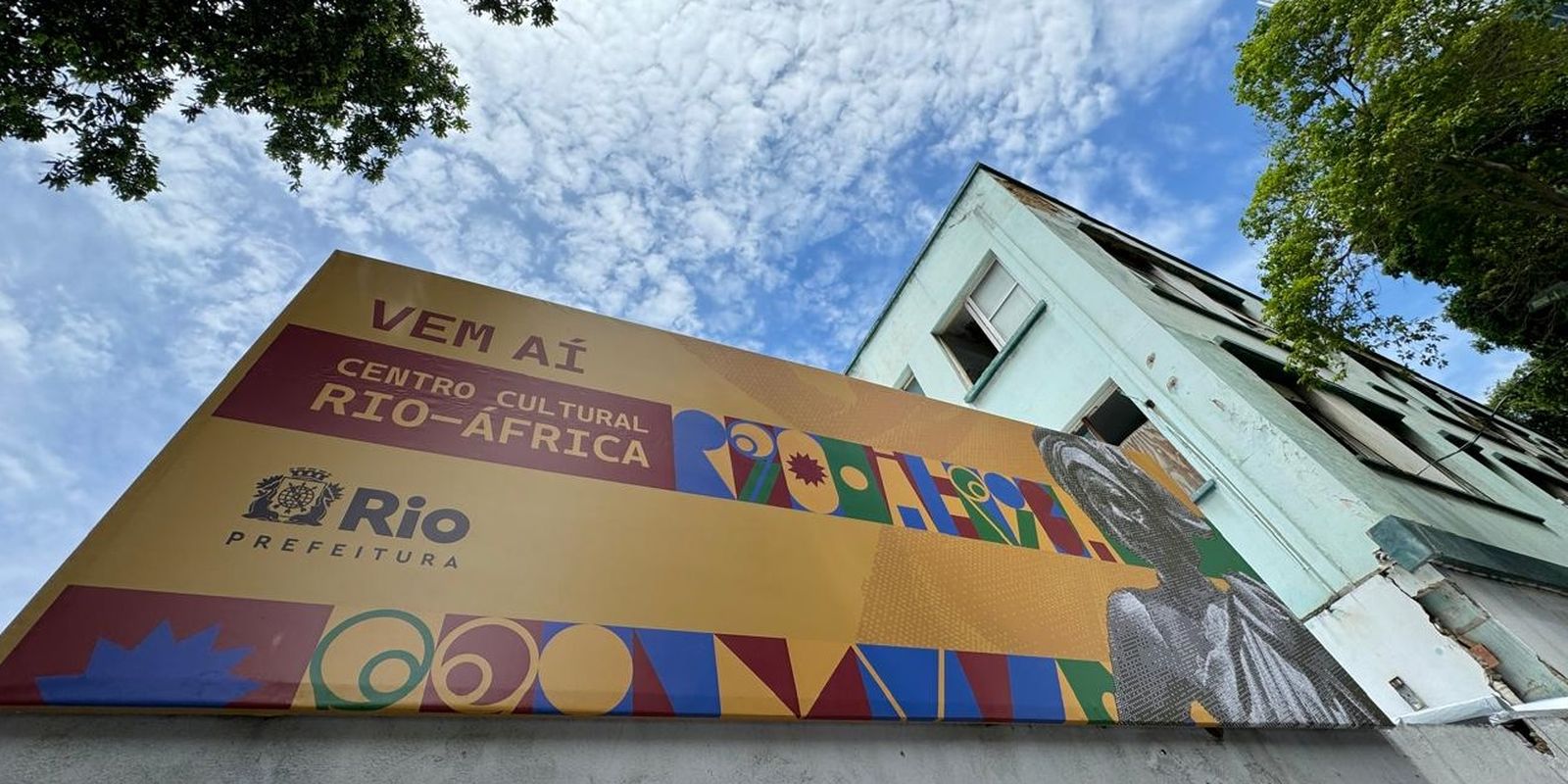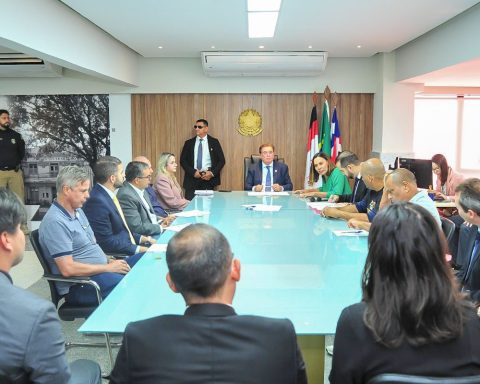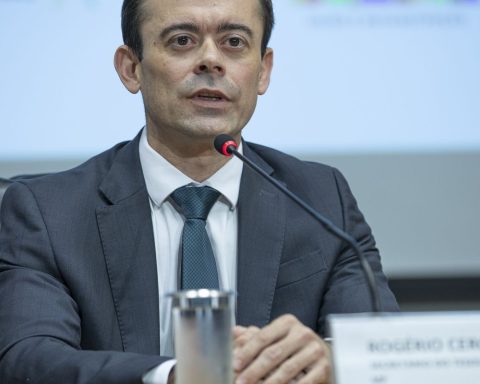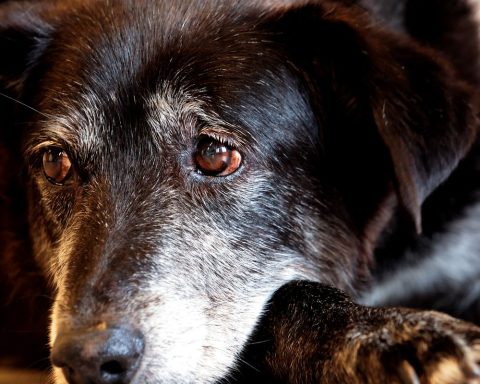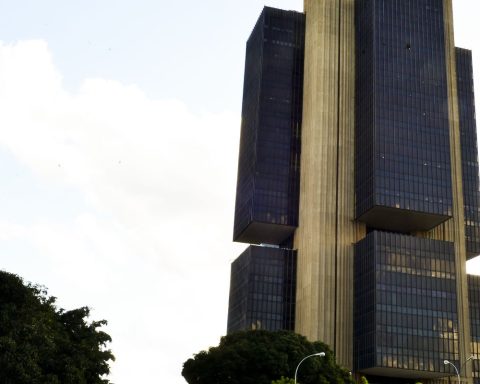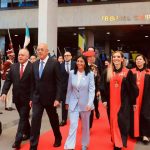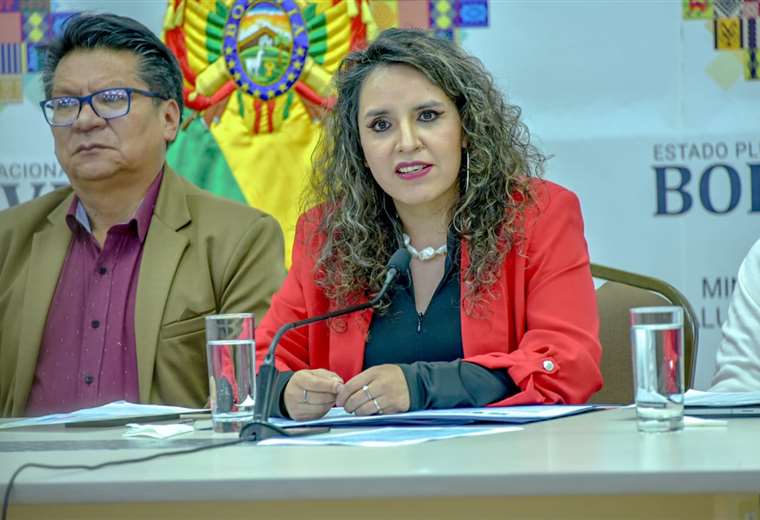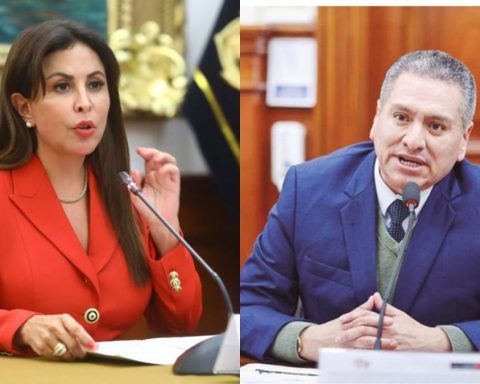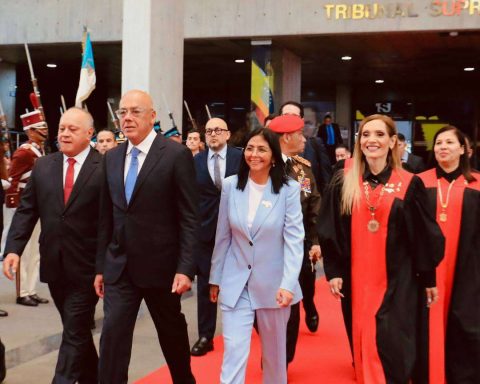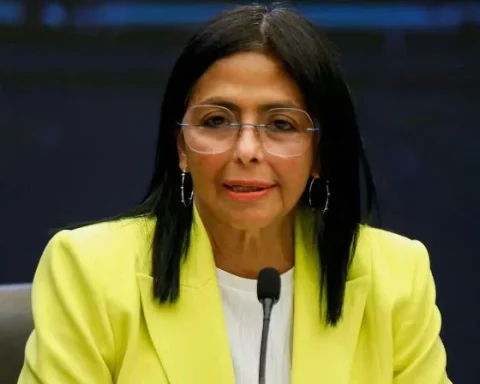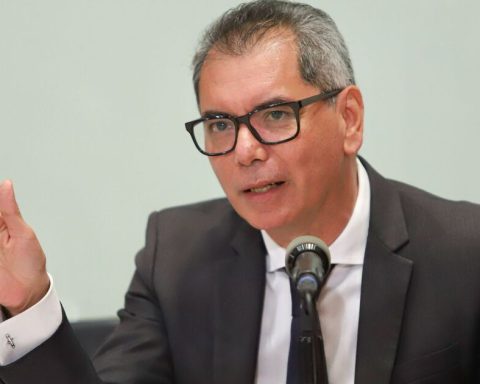The winning project of the competition for the Rio-África Cultural Center, which will be built near Cais do Valongo, in the region known as Pequena África, in the port of Rio de Janeiro, was announced this Tuesday (29) by the capital’s city hall. The initiative, carried out in partnership between Companhia Carioca de Parcerias e Investimentos (CCPar) and the Instituto dos Arquitetos do Brasil (IAB-RJ), received 36 applications from professionals across the country. The winning project is signed by architect Marcus Vinicius Damon Martins De Souza Rodrigues, from the Modulo De Arquitetura e Urbanismo Studio, in São Paulo.
The panel of judges that elected the office was made up of architects from Rio de Janeiro, São Paulo, Salvador and Cape Verde. The competition was aimed at black Brazilian and Portuguese-speaking African architects, with the aim of finding the best technical solution for the creation of the Cultural Center.
Damon highlighted the importance of the theme of African ancestry in creating the winning work, and that there is reference to several Africas in the winning project. “Like the swords of Saint George at the entrance to the Cultural Center and the facade that refers to African themes”, he said in a statement.
The Rio-África Cultural Center aims to be a space dedicated to Afro-diasporic ancestry, with exhibitions, displays and educational programs that show the public the history and culture of the region in a sensitive and critical way. In total, the first three placed will receive R$105,000, of which R$60,000 will go to first place, who will be hired for the complete development of the project.
Coordinator for the Promotion of Racial Equality, Yago Feitosa, explained that the cultural center will also look to the future, mainly because the space will provide conditions for the development of talents.
“The Rio-África Center is an exhibition space for artistic presentations to develop black talents. Africa civilized Brazil. This is the most important thing we have to say regarding the creation of the cultural center”, stated Feitosa, in a statement.
